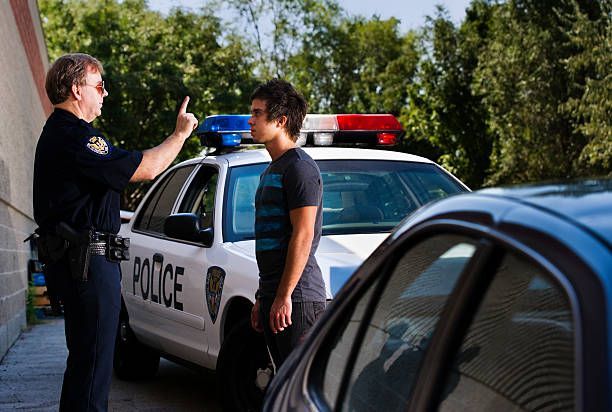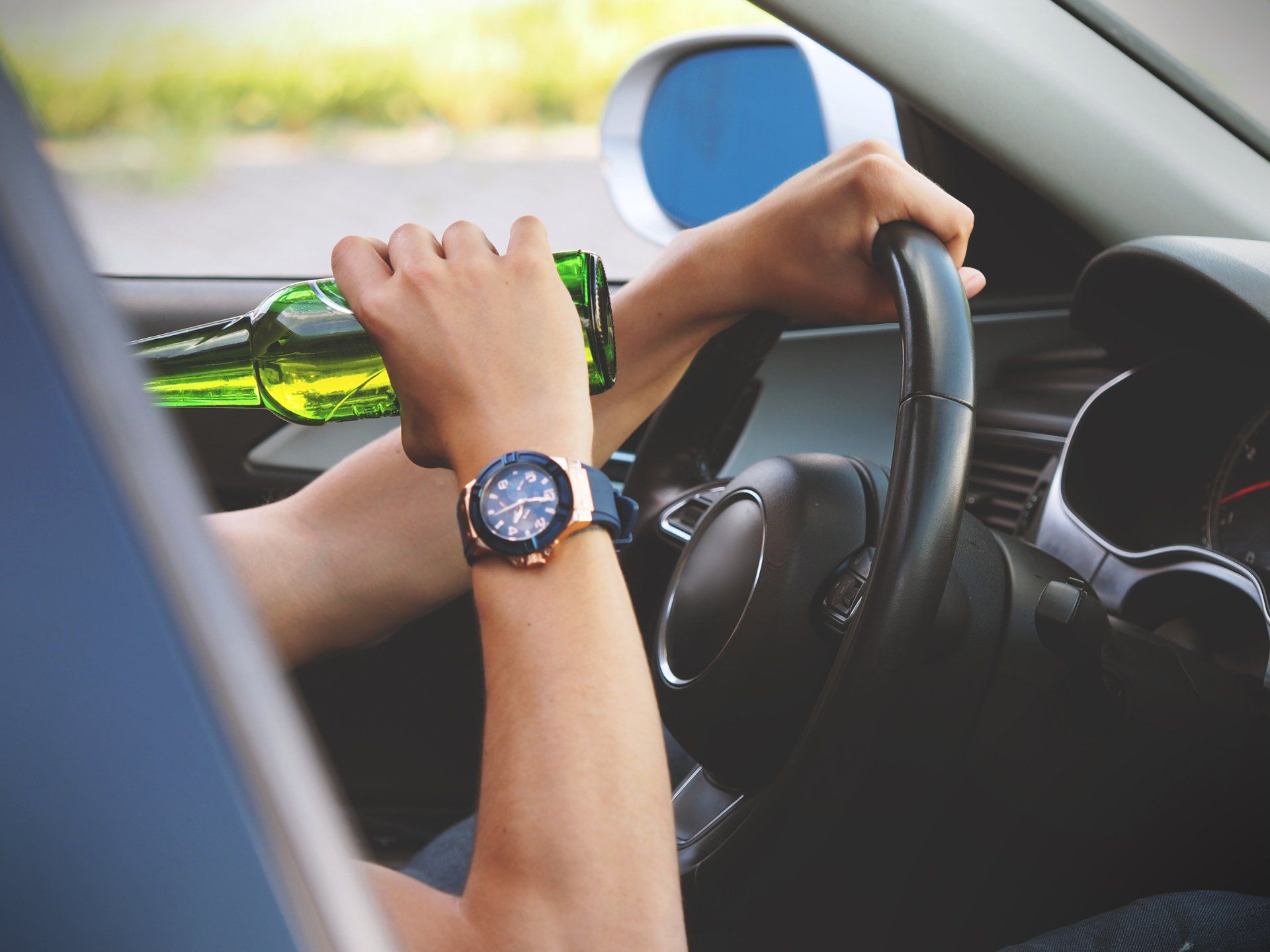Understanding Coverage for Injured Pets Under Your Car Insurance in South Carolina

As pet owners, we often consider our furry friends as part of the family. When accidents happen, especially car accidents, ensuring the well-being of our pets becomes a top priority. In South Carolina, many pet owners wonder whether their car insurance can help cover veterinary expenses if their pet is injured in a vehicle accident. Let’s dive into how car insurance works in this context and what you need to know to protect your pet.
Can Car Insurance Cover Your Injured Pet?
Generally, car insurance primarily covers damages related to vehicles, injuries to drivers, and passengers. However, in certain situations, it may extend to cover pets as well:
1. Comprehensive Coverage: If your pet is injured in an accident while riding in your vehicle, your car insurance may cover some of the medical costs, but this typically depends on the specifics of your policy. Comprehensive coverage can help in cases where your pet is injured due to a collision or other incidents while in the car.
2. Liability Coverage: If another driver causes an accident that injures your pet, their liability insurance may cover your pet's veterinary expenses. In South Carolina, if the other driver is at fault, you could file a claim with their insurance to seek compensation for your pet’s injuries.
What to Do if Your Pet Is Injured in a Car Accident
If your pet is injured in a car accident, follow these steps to ensure they receive prompt care and that you can navigate the insurance process effectively:
1. Seek Immediate Veterinary Care: Your pet’s health is the top priority. Take them to a veterinarian or emergency clinic as soon as possible. Even seemingly minor injuries can have serious consequences.
2. Document the Incident: Take photos of the accident scene, your pet’s injuries, and any relevant details. Keep a record of all veterinary bills, treatments, and communications with your insurance provider.
3. Contact Your Insurance Provider: Notify your car insurance company about the accident. Discuss your pet’s injuries and ask about the specifics of your coverage. Be sure to inquire whether your policy includes any benefits for pets.
4. File a Claim: If applicable, file a claim with the at-fault driver’s insurance to recover costs associated with your pet’s injuries. Provide them with the necessary documentation, including veterinary bills and evidence of the accident.
Understanding Your Coverage Options
When it comes to pet-related injuries in South Carolina, here are some key points to consider regarding your car insurance:
- Policy Specifics: Review your car insurance policy carefully. Look for any clauses that mention pets and understand what is covered and what is not.
- Comprehensive vs. Collision Coverage: Understand the differences between comprehensive and collision coverage. Comprehensive may cover non-collision incidents, while collision specifically addresses damage from accidents with other vehicles.
- Consult Your Agent: If you have questions about how your policy applies to pets, reach out to your insurance agent. They can provide clarity on what your coverage entails and help you navigate any claims processes.
Additional Coverage Options
While car insurance can provide some assistance, it may not cover all veterinary expenses. To ensure your pet is fully protected, consider the following:
1. Pet Insurance: Investing in pet insurance can provide additional peace of mind. Many pet insurance policies cover accidents and injuries, including those sustained in car accidents, which can help with veterinary bills.
2. Wellness Plans: Some veterinary clinics offer wellness plans that cover routine care, which can be beneficial for overall pet health.
Conclusion
In South Carolina, navigating insurance coverage for an injured pet can be complex. While your car insurance may offer some support, it’s essential to understand the limits of your coverage and consider additional options like pet insurance for comprehensive protection. By being proactive and informed, you can ensure that your beloved pet receives the care they need, even in the unfortunate event of an accident. Always remember, the well-being of your furry friend is worth the extra effort in planning and preparation!











